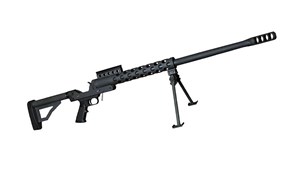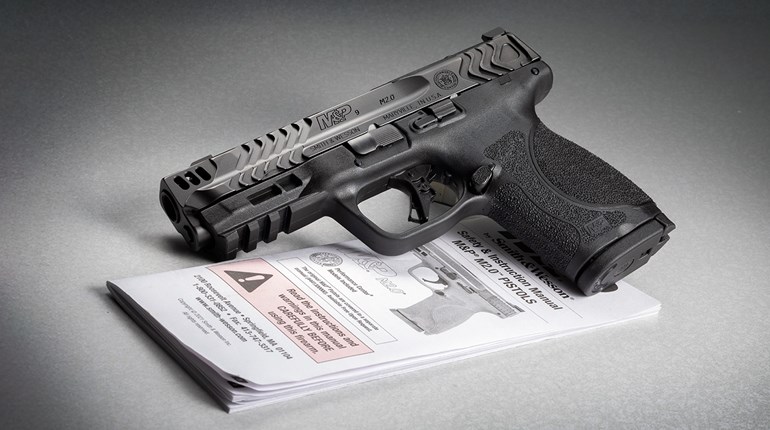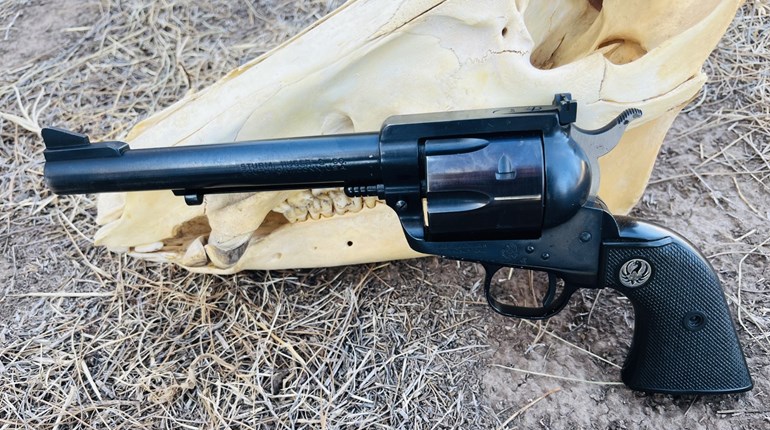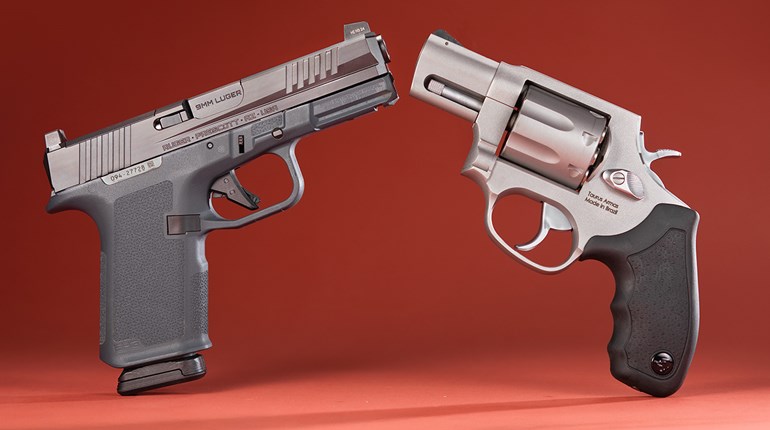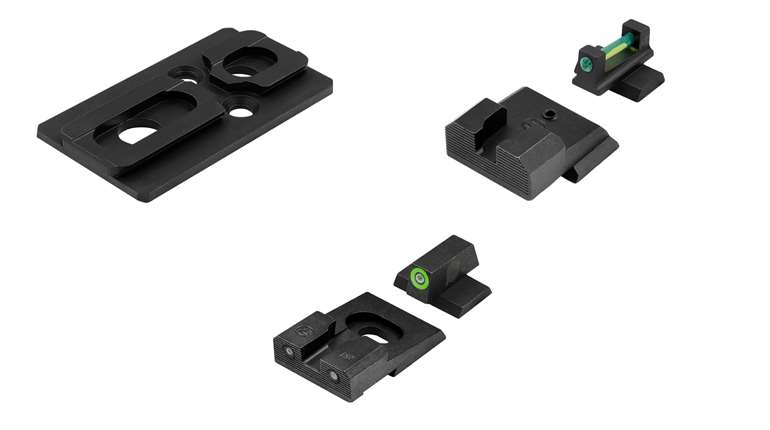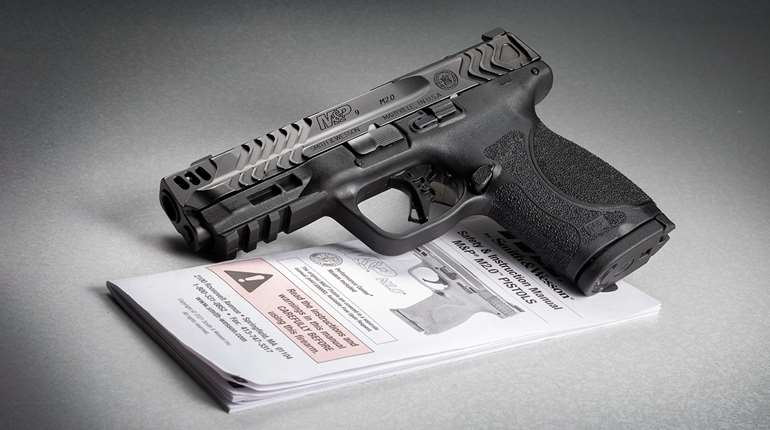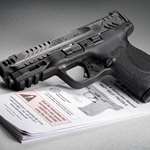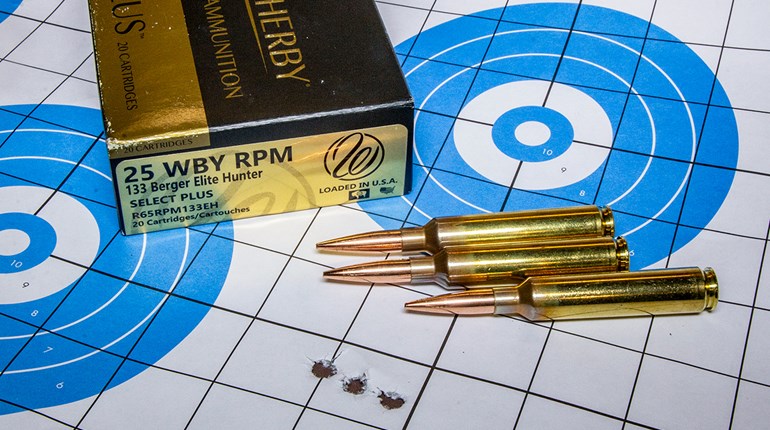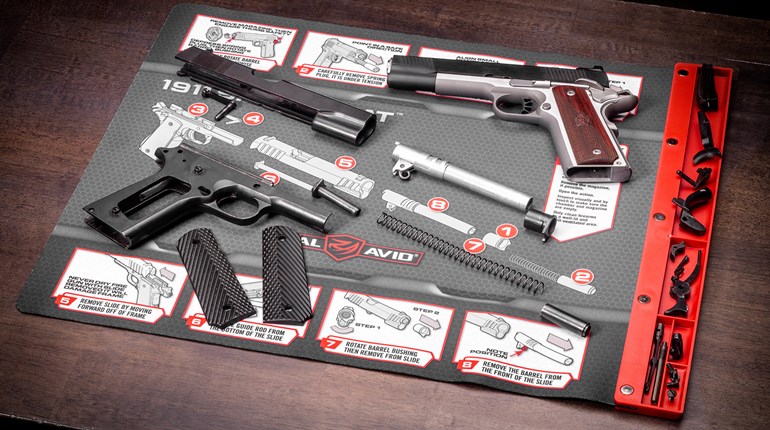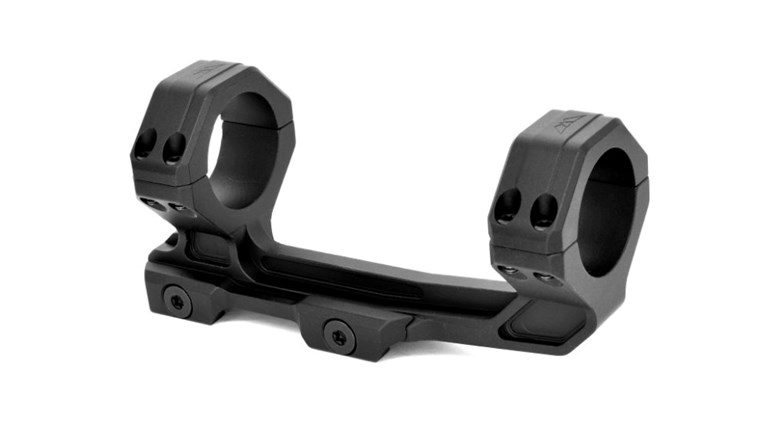
The report I read stated that the suspect was engaged in an argument with an unarmed individual. Although no threats were made, the suspect pulled a handgun. He was arrested, probably for assault, and told the arresting officer that he had produced the gun to de-escalate the problem. The other fellow and the police officer saw it the same way that you or I would: as an act of aggression.
My guess would be the arrested party saw that they were losing the argument, didn’t have the verbal skills to support their end of the discussion and lost their temper. We’ve all known people like that; for whatever reason, they just need to win every argument and, of course, have the last word. And, maybe it is a good reminder to all of us of what can happen when we let our temper—instead of reason—control our conduct.
Regarding personal defense, we spend a lot of time talking about how to respond to armed robberies, home invasions and personal assaults by career criminals. But, there are also times things can get out of hand when dealing with other regular folks. It might be a business deal gone bad, a minor vehicle accident or perhaps a property dispute with a neighbor. We need to find ways to stop the conflict before it gets to the point of violence—with or without guns being involved.
One of the best ways to deal with a verbal conflict is just knowing when to shut up, or we might try to take a kinder and friendlier approach. We don’t really have to concede the argument, but we need to find another way to resolve it.
I once worked with a police officer who was good with his fists and good with his gun, but he rarely had to use either. He was one of those silver-tongue fellals who could just calm things verbally and soon had people laughing and cooperating. And, he nearly always ended up getting his way, too. I learned a lot from him about how to talk to people.
The internet is full of good articles that suggest ways to verbally calm a situation. The more we develop those skills, the less likely we are to have to deal with an increase of violence in these kinds of conditions. In addition, if the situation gets worse and we end up having to use force—even deadly force—witnesses may very well report that we were trying to be the peacemaker.
In addition, I don’t think we spend enough time considering how to deal with an unarmed attack. We talk a lot about firearms, but using a gun may not always be the appropriate response, particularly when the attacker is unarmed (although being unarmed does not necessarily mean a threat is lacking the potential to be lethal).
It is an extremely good idea to explore the realm of less-lethal defensive tools. Pepper spray, where legal, is certainly a good idea. And personally, I am a big fan of the ordinary walking cane. A bit of study and practice with either one can quickly turn an attacker into a retreater.
Even when dealing with an armed attack, we need to do our best to keep our temper under control and resolve the issue without violence, if possible. Again, words can play a big part in resolving the situation successfully.
Giving clear commands that we are willing to back up with force is a whole lot different from making loud threats and challenges. “Stop right there and drop the knife now” sounds a whole lot better than “You brought a knife to a gunfight, did you? You blank blank blank!” Giving defensive commands and throwing flagrant challenges are two very different things.
The lawfully armed citizen should obviously never be the aggressor. It is equally important that witnesses not see us as aggressors. Violent, or potentially violent, confrontations are not something that the everyday citizen deals with on a regular basis, which is why it is even more important to think about these potential situations and give thought to ways to respond to them successfully. Sometimes we can calm things with words. Other times we may have to deal with an unarmed, non-lethal-force attack. Other times we may be trying to stop an armed attack without shooting, if at all possible.
The more we study and plan, the less likely we are to be consumed with anger or fear when these conflicts occur. One of the greatest skills any of us can have is to learn how to talk to people to get what we want, whether that is in a business deal or avoiding trouble and violence. When we make a concerted effort to develop conflict-resolution skills, we may still end up having to use force to protect ourselves, but at least we—and others—will know that we tried, unsuccessfully, to de-escalate the situation, and only reluctantly resorted to force.


